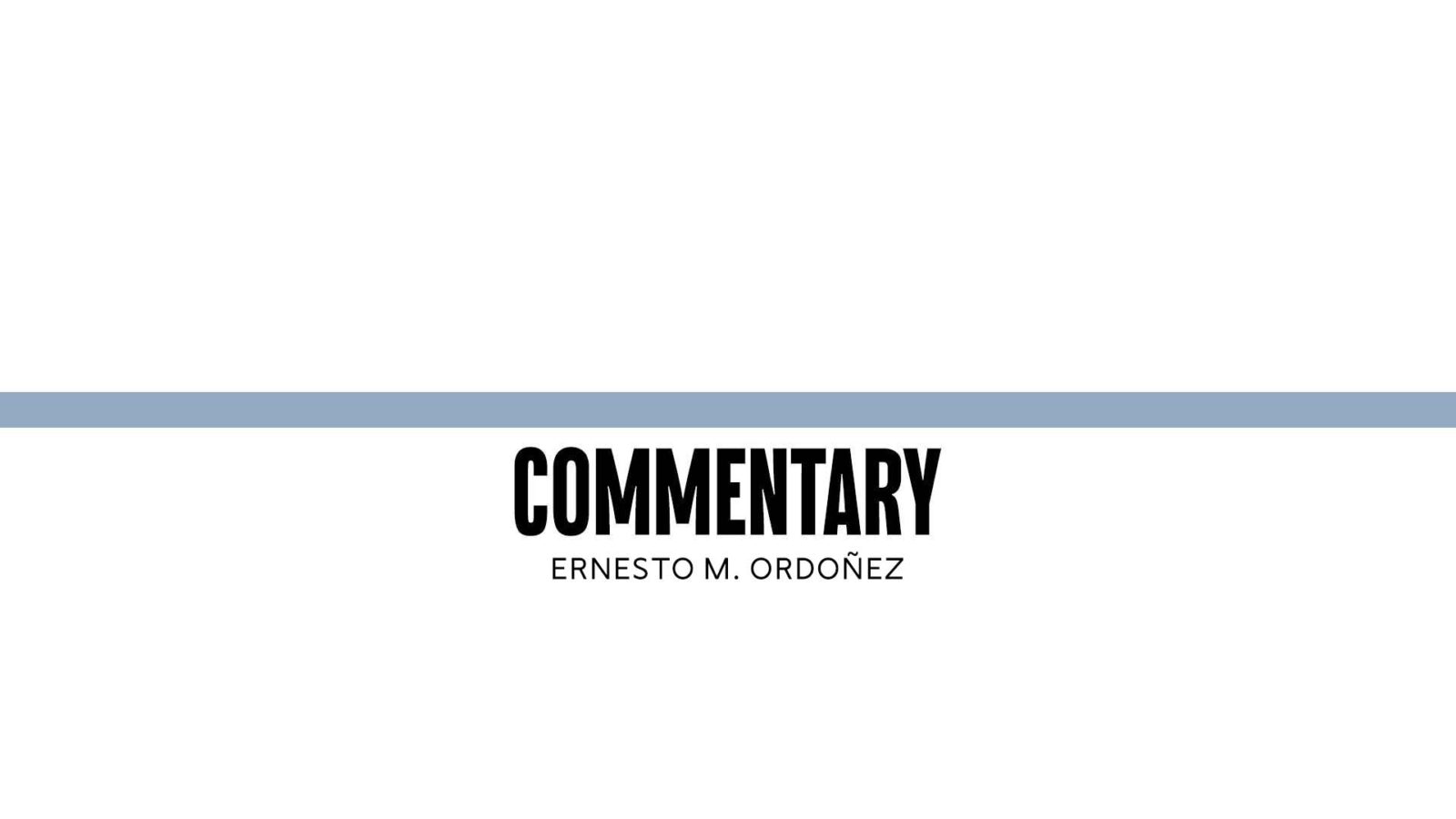We must manage our water resources

We must manage our water resources, instead of our water managing us. Our Congress and the executive branch have not managed our water effectively. Our flood control budget significantly increased from only P73 billion in 2017 to P257 billion this year, with massive corruption prevalent.
A proposal now is to totally eliminate or cancel most of the 2026 flood control budget. It was suggested that this be rechanneled to sectors like education, health and agriculture.
Certainly, a large part of the proposed P275 billion should be reallocated, but not all or most of it. Flood control is still necessary. We should not carelessly throw the baby out with the bathwater.
Water task force
We must instead learn from the 2017 public-private water task force, which reported to the President. This was composed of representatives from the legislature, executive branch and private sector. For disclosure purposes, I served as its secretary-general, chosen from the private sector.
The task force produced six water governance volumes, each signed by a different dean from the University of the Philippines in Los Baños (UPLB). Little was done on the volumes’ finding that River Basin Management Councils (RBMCs) should be supported as key to effective water governance.
Had this been done, we would not have our massive floods. This neglected recommendation, done effectively in several countries today but largely ignored in the Philippines, is support for the Integrated Water Resource Management (IWRM) approach. This is implemented through our 18 decentralized RBMCs.
IWRM is the coordinated development and management of water, land and related resources. An RBMC formulates and coordinates the integrated IWRM water plans, especially for flood mitigation and climate adaptation purposes. Its composition comes from LGUs, government agencies and the private sector.
Implementation
The Department of Environment and Natural Resources’ River Basin Management Office (RBMO) was created to support the RBMCs. However, this has not happened effectively.
This year, it was allocated only P10 million for its entire staff of 14 “contact only” (and therefore temporary) employees. The RBMO provides an additional P11 million to fund 18 RBMCs, which amounts to P611,000 for each.
If properly funded, the RBMCs can integrate and coordinate the billions of water-related dispersed funds of the government agencies in their respective areas.
The RBMO budget proposal for next year is the same. What can be done? Congress must now provide the necessary budget for the RBMO to ensure proper water governance.
Let us analyze the RBMC’s P21 billion proposed budget in two parts. The first is the P10 million for head office operations.
The 14 temporary low-paid “contract only” workers should be plantilla employees, properly paid to ensure continuity. Their number should also be increased—at least one for each RBMC, with the appropriate management and technically-equipped personnel support.
There is also a glaring gap in water information integration that the RBMO should address. For example, there is separate information on rainfall from Pagasa (the weather bureau), river flow from the Department of Public Works and Highways and groundwater from the Local Water Utilities Administration. This massive information must be systematically integrated and analyzed in a comprehensive and timely manner.
A P50-million computer system (P30 million for hardware and P20 million for software) is urgently needed. You cannot manage what you do not measure, or what you do not even know.
Regarding the P611,000 support for each RBMC, experts say this should be increased to at least P3 million. This will enable the activities necessary for each RBMC to integrate and rationalize the scattered billions of water-related pesos of the different government agencies in its respective region.
The RBMC must also be provided P10 million for the required instrumentation for at least one of its five to 10 critical water sites. This will measure aspects such as water level, rainfall, flood velocity, sediments and water quality. To avert future disasters, Congress must now significantly increase the RBMO budget for 2026.
Patricia Sanchez is chair of the UPLB Interdisciplinary Studies Center for Water and former technical leader of the 2017 water task force. She contends that a much larger budget should be given to the RBMO for more effective water governance. This way, we will then manage our water, instead of our water managing us.
The author is Agriwatch chair, former secretary of presidential flagship programs and projects, and former undersecretary of the Department of Agriculture and the Department of Trade and Industry. Contact is agriwatch_phil@yahoo.com.





















Mangroves matter